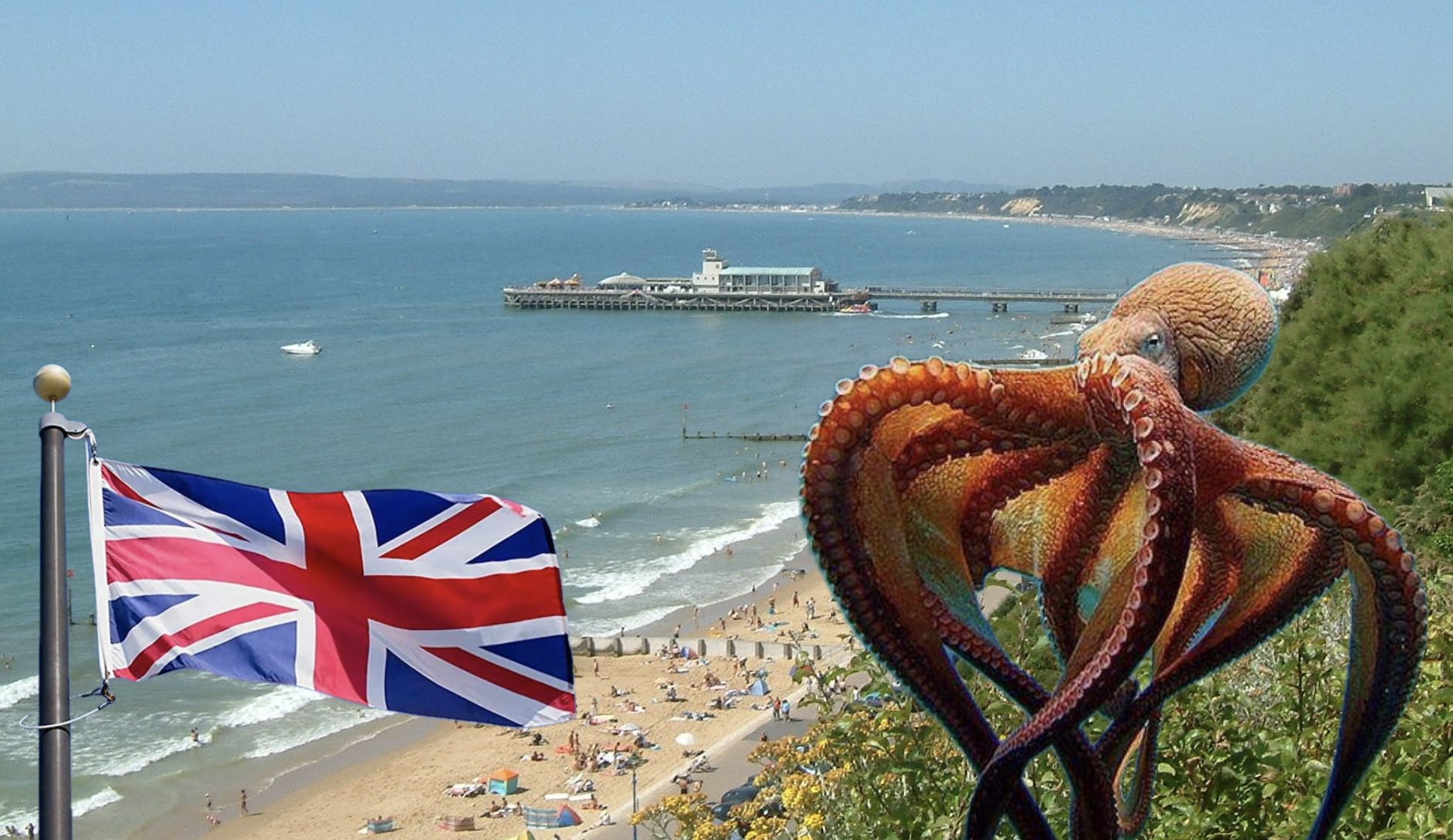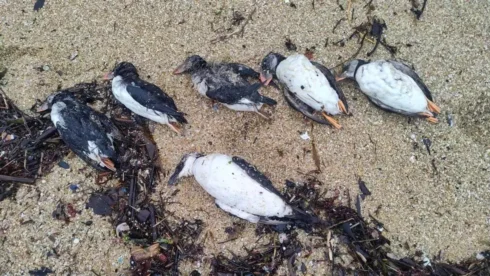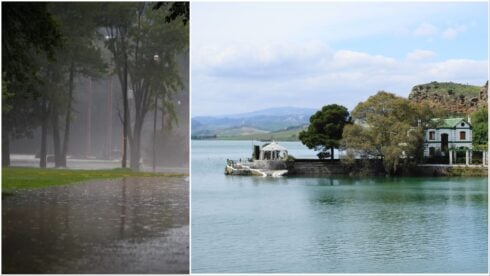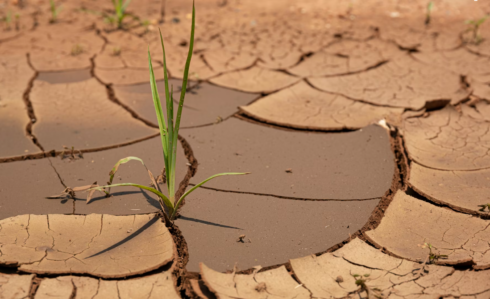RECENT reports have suggested that octopuses are leaving the Spanish coast of Galicia because they cannot cope with rain and changes in water salinity.
However, a marine biologist who specialises in octopuses says this explanation is misleading and creates confusion.
The claim is based on the fact that octopuses do not produce cortisol, a hormone that helps some animals adapt to changes in salinity.
But Alvaro Roura, a leading researcher on octopuses in Spain, explains that this does not mean octopuses are forced to migrate because of rainfall.
“If you think about it, where does it rain more – Galicia or the UK?” Roura points out.
READ MORE: Three hundred fishing vessels allowed to search for Iberian sardines this season
In reality, many marine species that do produce cortisol, such as fish and sea urchins, are even more sensitive to salinity changes than octopuses.
When conditions worsen, octopuses will avoid low-salinity waters if they can, but this is not the main reason for their decline.
The real problem, according to Roura, is heavy fishing pressure in Galicia, both legal and illegal.
Octopuses also have very short life cycles, usually less than two years, which means their numbers can change a lot from one year to the next.
READ MORE: Special nets will stop jellyfish encroaching tourist beaches on Spain’s Mar Menor
This natural fluctuation, combined with overfishing, explains why yields in Galicia have fallen in recent years.
Octopuses have not “disappeared” from Galicia, but their abundance is highly variable and closely linked to human activity.
Roura stresses that understanding these factors is key to protecting the species and avoiding misinformation.
Click here to read more Spain News from The Olive Press.








